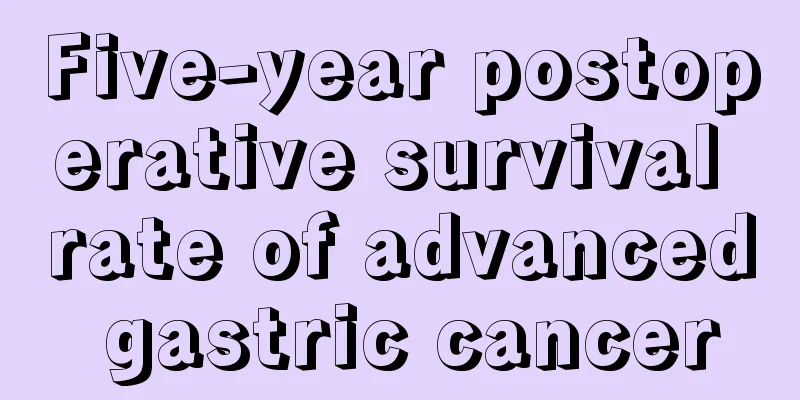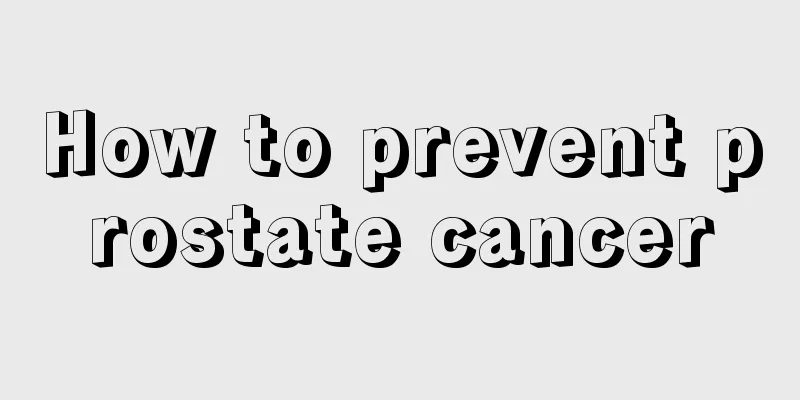Can I have esophageal cancer surgery at the age of 90?

|
Whether a 90-year-old patient can undergo esophageal cancer surgery depends on his or her physical condition, with the focus on the stage of the disease, basic health status, and surgical risk assessment. When physical function allows and the benefits of surgery outweigh the risks, surgical treatment can be considered after a comprehensive evaluation by a doctor. For patients who cannot tolerate surgery, other non-surgical treatment options such as radiotherapy, chemotherapy, or palliative care can also be used. 1. Age is not the only determining factor Advanced age is not an absolute contraindication for surgery. The key lies in the patient's overall health and functional reserve. For example, some 90-year-old patients may be more suitable for surgery because they have few underlying diseases and good cardiopulmonary function. Doctors usually combine multidisciplinary consultations to determine the feasibility and risks of surgery through cardiopulmonary function tests, nutritional status assessments, etc. 2. Disease staging and surgical options Esophageal cancer is divided into early, middle and late stages, and the treatment strategies for different stages are significantly different. Patients with early esophageal cancer are usually more suitable for minimally invasive surgery, such as thoracoscopic or laparoscopic minimally invasive esophagectomy, which is less traumatic and has a faster recovery. For patients with middle and late stages, if the cancer has affected important blood vessels or organs, surgery may be difficult, and radiotherapy, chemotherapy or immunotherapy can be combined at this time. 3. Feasibility of non-surgical treatment For elderly patients who cannot tolerate surgery, non-surgical treatment can be considered. For example, precision radiotherapy techniques such as intensity-modulated radiotherapy (IMRT) can control tumors with less damage to normal tissues by targeting tumor tissue. Chemotherapy combined with endocrine therapy or immunotherapy can also improve the quality of life. It should be noted that elderly patients need to strictly control the drug dosage during chemotherapy to avoid increasing toxic side effects. 4. Daily care and nutritional support Elderly patients with esophageal cancer need to pay attention to preoperative and postoperative care. Providing a high-protein, high-calorie diet before surgery can help improve nutritional status and enhance physical strength. After surgery, it is necessary to monitor physical recovery, deal with complications in a timely manner, and provide short-term enteral or parenteral nutrition support when necessary. Psychological support should also be emphasized to help patients face their condition positively. At the age of 90, the feasibility of undergoing esophageal cancer surgery needs to be comprehensively evaluated by a professional medical team. It is recommended that patients and their families communicate in depth with the attending physician to fully understand the pros and cons of surgery and alternative options and choose a treatment method that suits the current physical condition. Regardless of the treatment method adopted, attention should be paid to daily care and improvement of quality of life. |
<<: Early symptoms of skin melanoma
>>: What are the early symptoms of colon cancer
Recommend
What is the cause of eye pain? What causes it?
Sometimes, many friends will feel swelling and pa...
How does Traditional Chinese Medicine treat breast cancer? Six methods of Traditional Chinese Medicine to treat breast cancer
Traditional Chinese medicine has a unique side in...
What fabrics are used for sun protection clothing?
When traveling, you must prepare a sun-protective...
What is the reason for sweating on the face
Sweating on the body or face is a process of elim...
Experts explain four major factors for early diagnosis of cervical cancer
In order to correctly diagnose cervical cancer in...
How to prevent lung cancer in terms of food? To prevent lung cancer, follow three dietary principles
If we want to completely cure lung cancer, we can...
Sesame oil can actually cure hemorrhoids
In life, many people are troubled by hemorrhoids....
28-year-old with multiple hamartomas in both kidneys
In most cases, bilateral angiomyolipoma is a beni...
What should you eat if you have liver cancer? 5 types of food are essential for liver cancer patients
Liver cancer is not unfamiliar to us. It mainly r...
How can I give birth to a daughter?
When fathers are pregnant, they usually discuss w...
Are patients with uterine cancer contagious?
There are many friends around us who suffer from ...
Can you get pregnant by having sex the day after ovulation?
If a couple is planning to have a baby, they must...
The efficacy and function of Ganoderma lucidum
Ganoderma lucidum is not the Ganoderma lucidum we...
What to do if tooth roots fall off
People's teeth are the hardest part of the bo...
What are the early symptoms of malignant fibroid tumor
In recent years, malignant fibroma has become mor...









